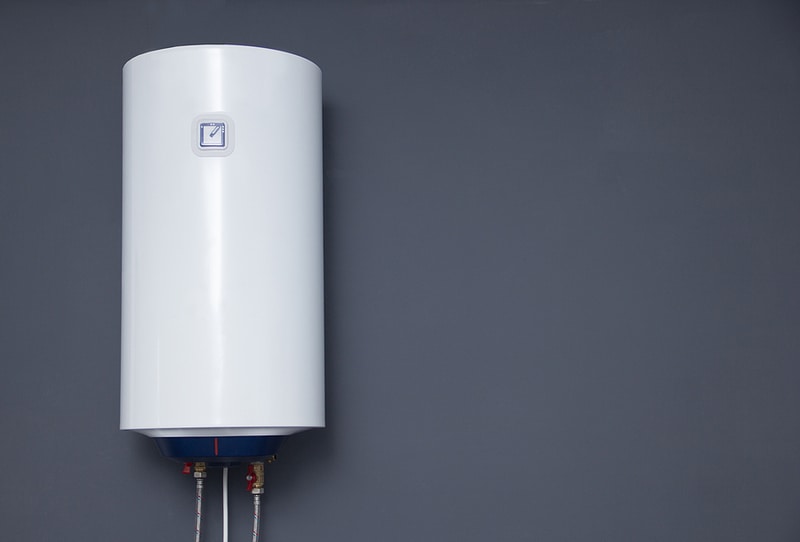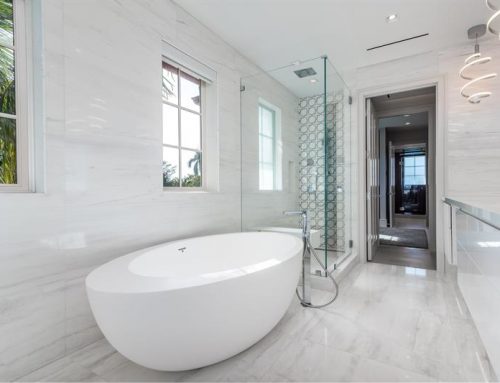As tankless water heaters are becoming more efficient, they are growing in popularity. However, there are some things to consider when deciding if it’s the right option for you. The main factors that you want to look at are cost, space, efficiency, and personal water usage.
COST
Tankless water heaters can cost up to double the average tank filled heater. Typically gas powered models are a little more expensive than their electrical counterparts. The installation of tankless is also more expensive. A tankless heater requires a lot of energy. Depending on the size of your electrical box you may need to upgrade so that you have at least 200 Amp service to your house. Additionally, based on gas supply and venting requirements, you may need to increase the diameter of the pipe from the water heater to the gas tank. These are not easy jobs and many manufacturers require that you use a certified electrician and/or plumber for installation is order for the warranty to be valid. On the other hand, if you are replace a tank with another tank of the same size, it is a pretty job and some homeowners even choose to do it themselves. However, if you are building a new home, you will not incur these additional retro-fitting charges and a tankless may make more financial sense.
SPACE
It’s quite obvious that tanks will take quite a bit more space than tankless. If you aren’t happy with your tank size and want a larger tank, you may not have the space for something bigger. A tankless offers two big advantages in that it can free up floor space and storage space if you are keeping it in the current location. The other advantage of tankless water heaters is they can actually be installed outside whereas a tank cannot. If space is an issue, going tankless will benefit you.
EFFICIENCY
Tanks continuously heat water to be ready for use. Tankless heaters are on demand, only heating water when necessary by using a heat exchanger to rapidly heat it to the set temperature as the water runs through it. Therefore, tankless heaters are more energy efficient, saving $50-$100 per year in energy costs. This is an advantage of tankless water heaters. An average tank holds 50 gallons which, as an example, would last for about 3 showers. If you have more family members showering in the morning, the fourth person would be out of luck with hot water. In this scenario, a tankless would be better. However, if you have multiple people showering in separate showers at the same time or if you happen to run the dishwasher or washing machine while showering, the tankless often has trouble keeping up with the demand and the water won’t reach the desired temperature. Moreover, tanks will keep the water at a consistent temperature. Some tankless brands have difficulty keeping the water at the desired temperature if you live in an area with cold ground water. They may be better suited for people living in the south where water temperature is more consistent throughout the year. Another consideration is that tankless heaters have a much longer lifespan at 20-30 years. The average tank heater has a typical lifespan of 10-15 years.
As you can see, both tank and tankless water heaters have pros and cons. The most important consideration is what will work best for the size of your house, size of your household, and your personal use.







Leave A Comment